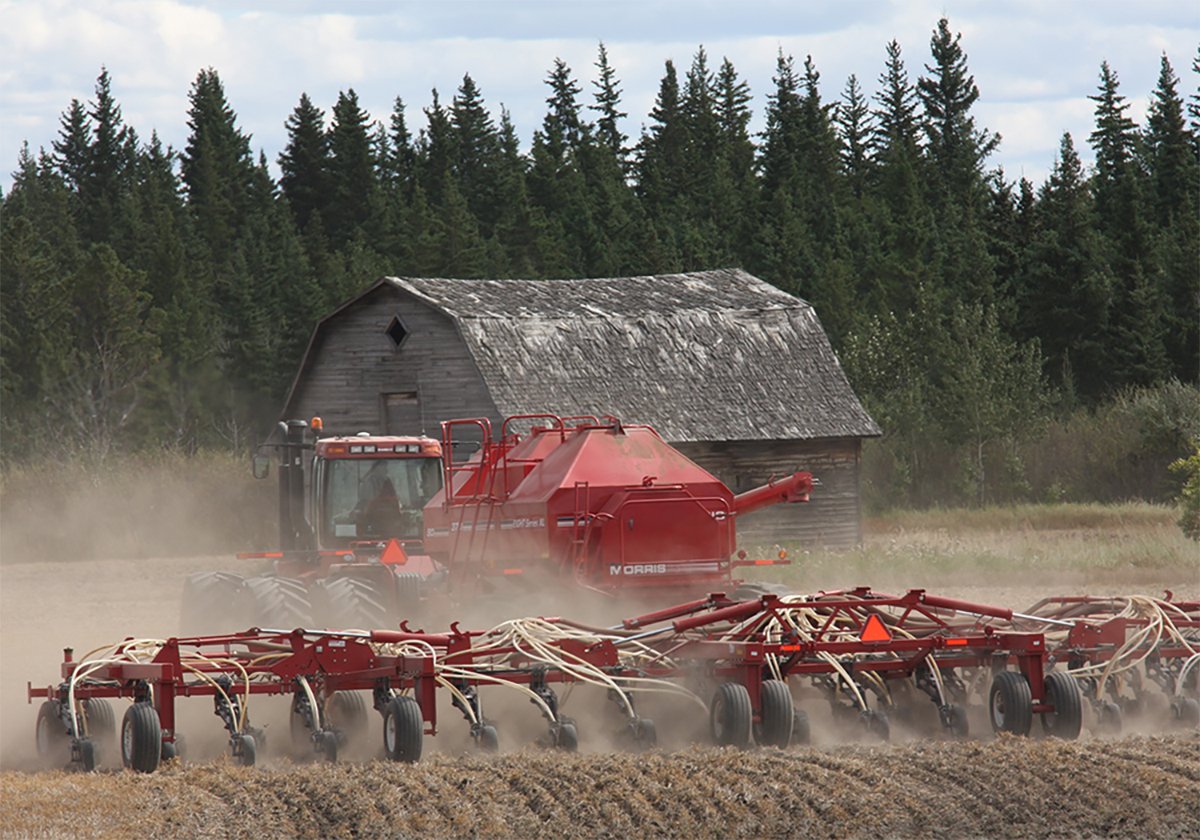Producers and farm groups that support the end of the Canadian Wheat Board monopoly are the “real farmers” in Western Canada, agriculture minister Gerry Ritz said last week.
As well, he insisted that attempts by opposition MPs and CWB support groups to delay passage of the bill through parliamentary tactics or court challenges will only create market uncertainty for farmers and hurt the chances that the new voluntary CWB will be able to survive.
Ritz made his comments in the House of Commons after tabling legislation and in a later interview.
Read Also

Seeding conditions look good for U.S. winter wheat crop
SASKATOON — Seeding conditions are near ideal in the hard red winter wheat growing region of the United States, says…
During a heated House of Commons exchange Oct. 19 in which the minister defended Bill C-18 that will end the monopoly Aug. 1, 2012, Edmonton New Democrat Linda Duncan listed farm organizations condemning the Conservatives for ignoring the majority of farmers who supported the single desk in a CWBorganized plebiscite.
She mentioned Agricultural Producers of Saskatchewan, Wild Rose Agricultural Producers in Alberta, the Canadian Federation of Agriculture and the National Farmers Union as opponents of the government move.
“Who exactly is the government representing?” Duncan said.
Ritz was quick onto his feet.
“It is unfortunate (Duncan) has not broadened that scope to the real farmers in Western Canada,” he responded. “The western wheat and barley producers, Grain Growers of Canada and the Canadian Cattlemen’s Association all support this initiative that we are moving forward.”
He said provincial governments in Saskatchewan, Alberta and British Columbia, which represent more than 85 percent of CWB grain production, also support Ottawa.
In a later interview, Ritz said efforts by defenders of the board to delay implementation of the bill beyond the government’s mid-December deadline are only hurting the one they say they love.
“The biggest loser would be the new entity itself and they should be cognizant of the fact that it needs as much time as possible to do contracting in the future and so on. If they are going to give a rejuvenated wheat board a chance at all, they need that kind of framework.”
Ritz said in the interview that while he got involved in politics almost two decades ago partly to try to end the CWB monopoly, being the agriculture minister who finally got to table the bill did not make him “euphoric or anything like that. It’s just a good solid business move for my bottom line and for other farmers out there.”
He also dismissed claims by Liberals and CWB support groups that the government bill is illegal because it is not following the farmer consultation rules set out in the CWB Act that will be rescinded.
“A former government can’t bind a future government,” said Ritz.
Prime minister Stephen Harper has made the same point, and fiery New Democrat MP Pat Martin, who is leading the official opposition fight against Bill C-18 and denouncing it as economic folly and ideological, agreed.
“I don’t actually buy the argument that section 47 precludes the current government from amending the act,” he told reporters.
“I think the prime minister is right. You would have a constitutional crisis and you would be setting a terrible precedent where every subsequent piece of legislation would have a poison pill that would preclude future governments from ever amending that bill. It’s an impossible scenario.”














